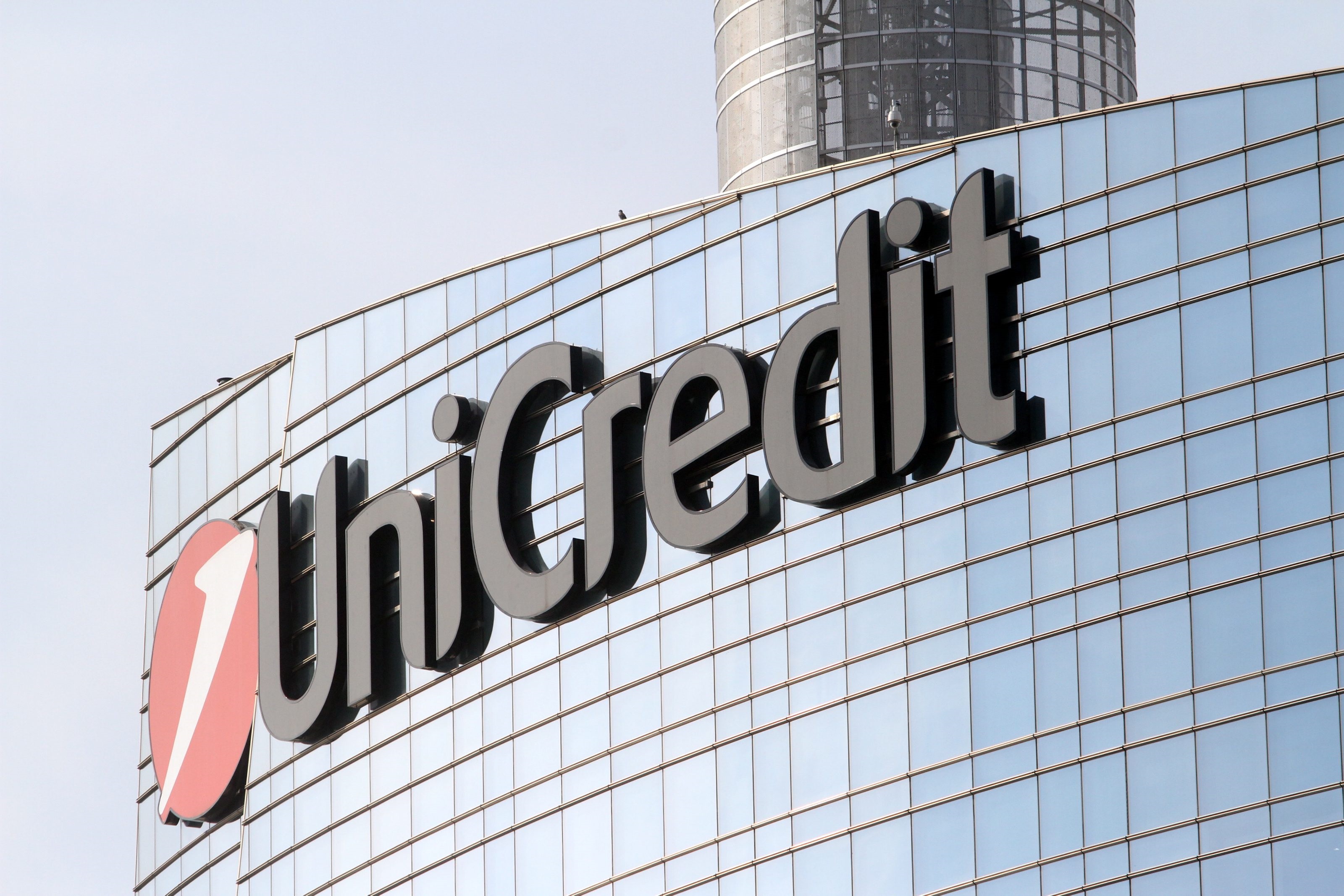Because Intesa and Unicredit go crazy with dollar bonds

Intesa and Unicredit placed bonds in dollars and the issues gave excellent results
The first two Italian banking groups return to devote themselves to the stars and stripes market and there is an immediate huge demand. In recent days, Intesa Sanpaolo and Unicredit have placed bonds in dollars and the issues have given excellent results, with demand far exceeding the offer, demonstrating the vitality of the made in USA market but also the confidence in the top management of the two institutions.
THE TIER 2 SUBORDINATE BOND OF INTESA SANPAOLO
Intesa Sanpaolo opened the dance, which on Monday 24 May placed a subordinated Tier 2 bond on the American market, reserved for institutional customers, in two tranches of 750 million with maturities in 2032 and 2042. The format of the dual tranche chosen by Ca 'de Sass – informs Il Sole 24 Ore – is a new method for a European “non-core” credit institution and provides that the issues can be called up one year before the deadline. “The presence of a call one year before the deadline – highlights a note from Intesa Sanpaolo – is a structure that guarantees greater efficiency for the issuer in managing the capital and the Mrel requirement”.
Demand for the dollar bond went very well with over 360 orders – 78% from fund managers, followed by insurance and hedge funds (5%) – for over $ 9 billion. The yield, according to the group led by Carlo Messina, is equal to the Treasury +260 basis points for the 11-year maturity and the Treasury +275 basis points for the 21-year maturity thanks "to a very significant reduction compared to the initial guidance , or 40 basis points for the shorter tranche and 30 basis points for the longer one ”.
The last time Intesa Sanpaolo had placed a dollar bond was in September 2019 with a senior preferred of 2.5 billion.
THE DOUBLE BOND OF UNICREDIT
As we said, even Unicredit in recent days has decided to look beyond the ocean and has issued a double bond in dollars, a Senior Preferred callable with a maturity of 6 years (callable after 5 years) for 1 billion dollars and a Senior Preferred callable with a maturity of 11 years (callable after 10 years) for another billion dollars. Recipients, in both cases, institutional investors for an issue that recorded a good demand success: over 8 billion from around 200 institutional investors (of which almost 70% in North America) for the 2 billion offered. In this way, the note released by the credit institution still highlights, “the initial guidance has improved by 25 basis points. The six-year bond has a coupon of 1.982% per annum for the first 5 years, equivalent to a spread of 120 basis points on the 5-year US Treasury rate. The 11-year coupon has a coupon of 3.127% per annum for the first 10 years, equivalent to a spread of 155 basis points on the 10-year US Treasury rate ”.
According to Il Sole 24 Ore, "the demand that went beyond the rosiest expectations confirms the climate of trust that reigns among international investors, who see in our country, today led by an esteemed prime minister like Mario Draghi, a reality on which to bet with much less hesitation than in the past ". The other man who convinced him to buy the bonds is Andrea Orcel, CEO in Piazza Gae Aulenti for just over a month, struggling with the revision of the industrial plan.
It should be remembered that in September 2020 Unicredit had already placed a 1 billion senior non preferred.
THE "YELLOW" OF BOND CASHES
Only the day before, Unicredit had instead been the protagonist of a small mystery, again on the subject of bonds and in particular regarding hybrid bonds, called “cashes”, issued in 2009 for a total of 2.8 billion by the then CEO Alessandro Profumo. According to reports from Bloomberg, some investors claimed that they had received the payment of the coupon due despite the fact that the bank announced on May 21 that it would not do so, probably due to the accounts in the red of 2020. A spokesperson for the group has then confirmed the bank's decision and added that no mandate was given to pay.
According to the American agency, the error may have been caused by the complicated structure of the bonds and the fact that several banks play the role of depositary and trustee for the instruments. And in fact, it later emerged that the mistake was made by Euroclear, a financial services company also specializing in receiving money from states and companies and then crediting them to the account of the entitled parties.
This is a machine translation from Italian language of a post published on Start Magazine at the URL https://www.startmag.it/economia/perche-intesa-e-unicredit-impazziscono-con-i-bond-in-dollari/ on Sun, 30 May 2021 14:11:38 +0000.
